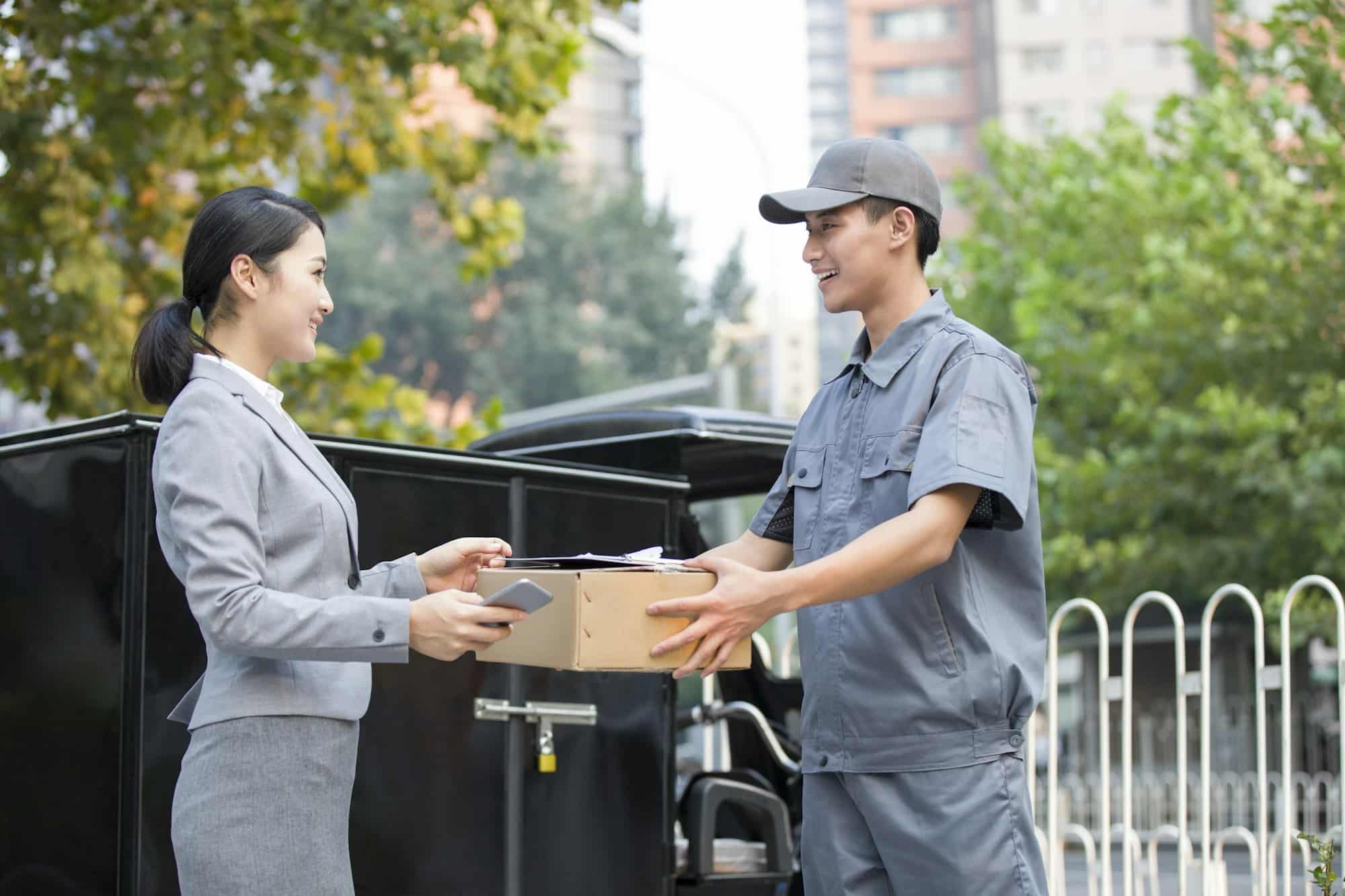How Can Innovative Packaging Solutions Help UK Supermarkets Reduce Food Waste?

Food waste is a pressing issue in the UK – a problem that demands immediate attention and action. Reports suggest that a staggering 9.5 million tonnes of food is wasted every year, enough to fill 40 million wheelie bins. This is an unfortunate situation for various reasons – not only does it contribute to global hunger, but it also accelerates climate change and squanders precious resources used in the production of this food. Supermarkets, as major players in the food industry, have a social, economic, and environmental responsibility to reduce this waste. One promising approach to this problem lies in innovative packaging solutions. By rethinking the way products are packaged, supermarkets can contribute to sustainability while catering to modern consumers’ needs and preferences.
The Role of Packaging in Reducing Food Waste
Packaging is a critical component of our everyday shopping experiences. From keeping our food fresh to providing necessary information about the product, it plays a pivotal role in the food supply chain. However, conventional packaging is often criticised for its environmental impact. Plastic, a widely used packaging material, is notorious for its non-biodegradable nature, contributing to the world’s waste problem.
Sujet a lire : What Are the Most Promising Developments in Ocean Energy Conversion in the UK?
On the other hand, packaging can also be part of the solution to reducing food waste. It can extend the shelf life of products, protect them from damage, and provide information that can help consumers make better decisions about their purchases and consumption.
Innovative packaging solutions aim to do just that – to deliver all the benefits of traditional packaging without the negative environmental impact. They are designed to be sustainable, efficient, and consumer-friendly, helping to reduce food waste while also addressing the problem of packaging waste.
Dans le meme genre : All you need to know about the Qatar Food Festival : A culinary event not to be missed
The Impact of Plastic Reduction on Food Waste
One of the key areas in which innovative packaging can make a difference is plastic reduction. The food industry has long relied on plastic for its cheapness, versatility, and durability. However, the environmental cost of plastic waste is now impossible to ignore.
Many supermarkets are now exploring alternatives to plastic, such as biodegradable materials and reusable packaging systems. These solutions not only help to reduce the amount of plastic waste generated, but they can also contribute to reducing food waste. For example, certain biodegradable materials can actually help to extend the shelf life of products, reducing the amount of food thrown away due to spoilage.
How Supermarkets Can Implement Packaging Innovations
Supermarkets have the power to drive change in the food industry. By adopting innovative packaging solutions, they can influence suppliers, appeal to environmentally conscious consumers, and make a significant impact on food waste reduction.
However, implementing these solutions is not without challenges. It requires a comprehensive strategy, investment, and collaboration with suppliers, packaging manufacturers, and consumers. Supermarkets need to gather accurate data to understand the scale of their food and packaging waste problem, identify opportunities for improvement, and measure the impact of their actions.
Furthermore, education and communication are essential. Supermarkets must inform customers about the changes they are making and why, and how they can contribute to waste reduction. They must also work closely with suppliers to ensure that products are packaged in a way that is sustainable and reduces waste, while still appealing to consumers.
Innovative Packaging Solutions in Action
Several supermarkets are leading the way in adopting innovative packaging solutions. For example, some companies have introduced ‘wonky’ fruit and vegetable boxes, using minimal and recyclable packaging, to reduce waste from produce that is not perfectly shaped but still perfectly edible.
Other supermarkets have introduced packaging that changes colour when the food inside is no longer safe to eat, helping consumers to avoid throwing away food unnecessarily.
Some companies are working on more high-tech solutions, such as ‘smart’ packaging that can interact with consumers’ smartphones to provide real-time information about the freshness of the product.
These innovative solutions are not only helping supermarkets to reduce food waste, but they are also enhancing the shopping experience for consumers, providing them with fresher products, better information, and the satisfaction of knowing they are contributing to a more sustainable future.
In the face of the food waste crisis, the role of innovative packaging solutions is becoming increasingly important. While there is no silver bullet for this complex problem, it’s clear that investing in packaging innovation can be a significant step towards a more sustainable food industry. Supermarkets, as key players in the food supply chain, have a crucial role to play in this transition. By rethinking packaging, they can help to reduce waste, deliver better products to consumers, and make a significant contribution to sustainability.
The Potential of Innovative Packaging in the United States Food System
In the United States, a promising market for sustainable packaging solutions is emerging. Like the UK, the US faces significant challenges in terms of food waste. In fact, according to the United States Department of Agriculture (USDA), an estimated 30-40% of the food supply is wasted. This scenario suggests there’s a significant opportunity for innovative packaging solutions to make a difference in the American food system.
The US food industry, including supermarkets, is gradually recognising the potential of innovative packaging in waste reduction initiatives. For instance, certain supermarkets have started implementing inventory management systems that utilise smart packaging. This packaging communicates with the inventory system, providing accurate, real-time data about the shelf life of products. Through this, supermarkets can better manage their stock, reducing surplus food and ultimately, food waste.
Moreover, several American companies are investing in plant-based materials as an alternative to single-use plastic packaging. These materials are designed to have a longer shelf life, thus extending the freshness of food and reducing the amount of food that ends up in the bin.
It’s clear that the US, like the UK, can greatly benefit from innovative packaging solutions in making major strides towards a sustainable food system.
Business Environment and Sustainable Packaging: The Way Forward
Adopting innovative packaging solutions is not just a matter of reducing food waste and promoting environmental sustainability. It can also have significant benefits for the business environment. Supermarkets that implement sustainable packaging solutions are likely to appeal to a growing number of environmentally conscious consumers, thus enhancing their competitive edge.
Companies that pioneer in adopting innovative packaging solutions can also influence industry standards and inspire other businesses to follow suit. This can lead to a wider transformation in the food industry, driving a systemic shift towards sustainability.
Moreover, government policies and regulations are increasingly encouraging waste reduction and the adoption of sustainable practices. By aligning with these trends, businesses can stay ahead of regulatory changes, avoiding penalties and enjoying the benefits of early compliance.
In conclusion, innovative packaging solutions offer a promising pathway for supermarkets to fulfil their responsibility towards reducing food waste. These solutions not only contribute to environmental sustainability but also represent significant business opportunities. Supermarkets, as crucial players in the food supply chain, should seize this opportunity to drive change and contribute to a more sustainable future. The journey towards this future will be challenging, requiring investment, collaboration, and strategic planning. But the benefits to be reaped — for businesses, the environment, and society — make it a journey worth undertaking.
By leveraging innovative solutions, supermarkets can show that it is possible to meet consumer needs, contribute to a sustainable food system and succeed in the business environment. In this endeavour, we should remember that every step counts. Every piece of packaging that is made more sustainable, every bit of food saved from the bin, brings us closer to our goal. We should view this not as a challenge, but as an opportunity to create a better, more sustainable future for all.
